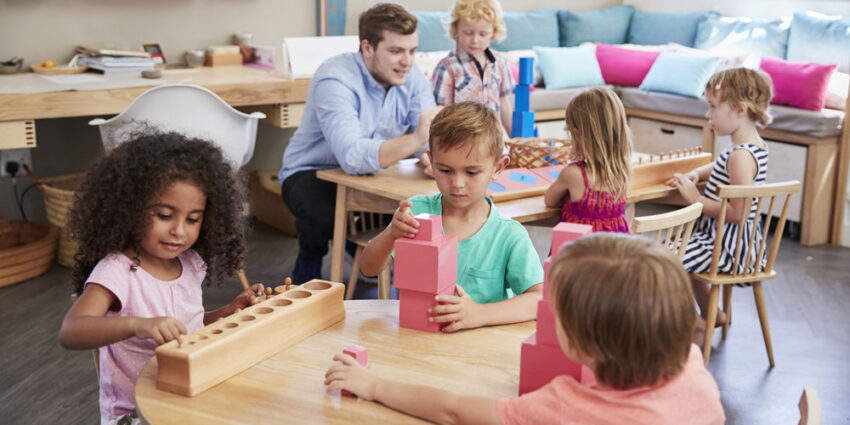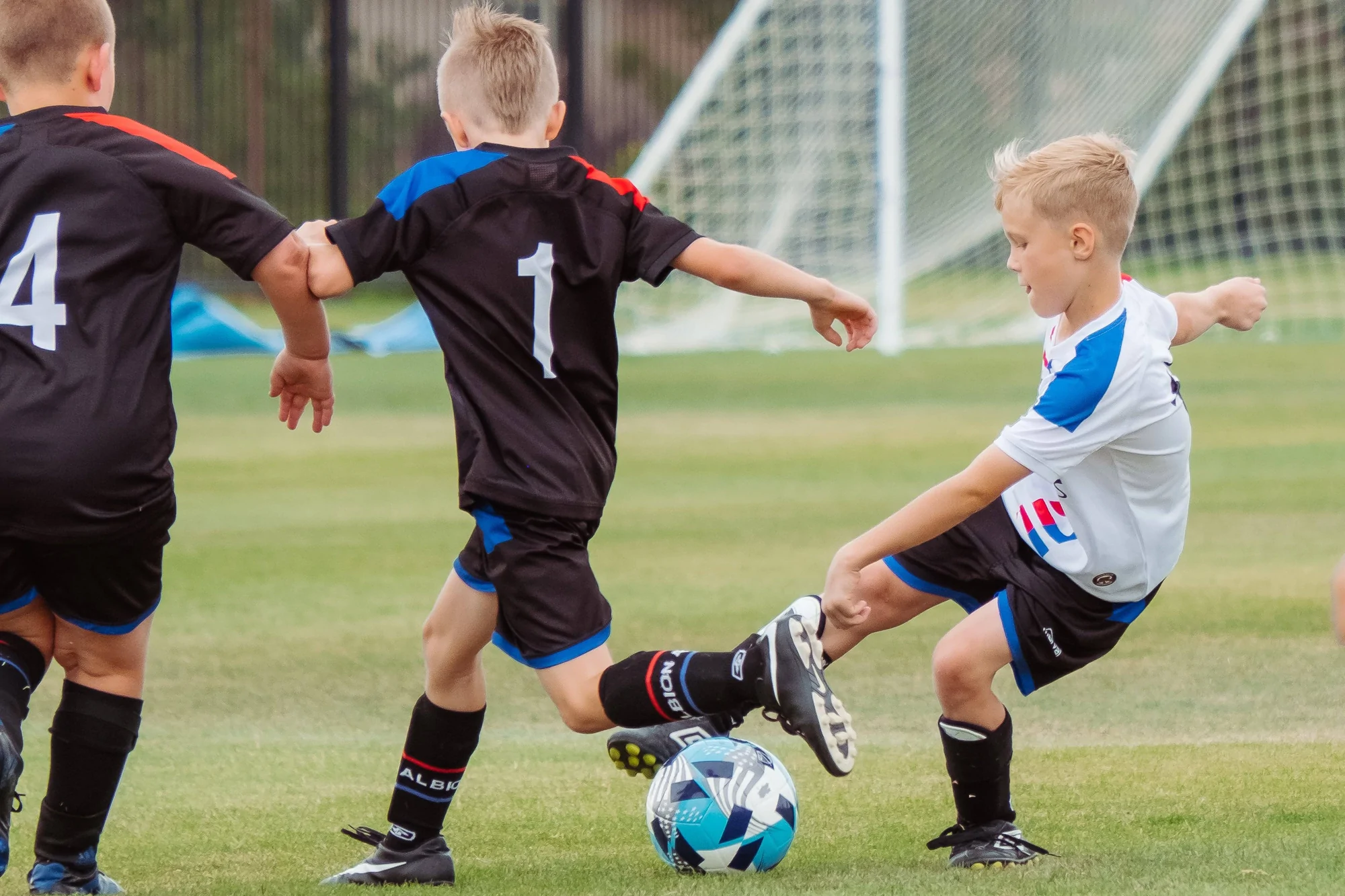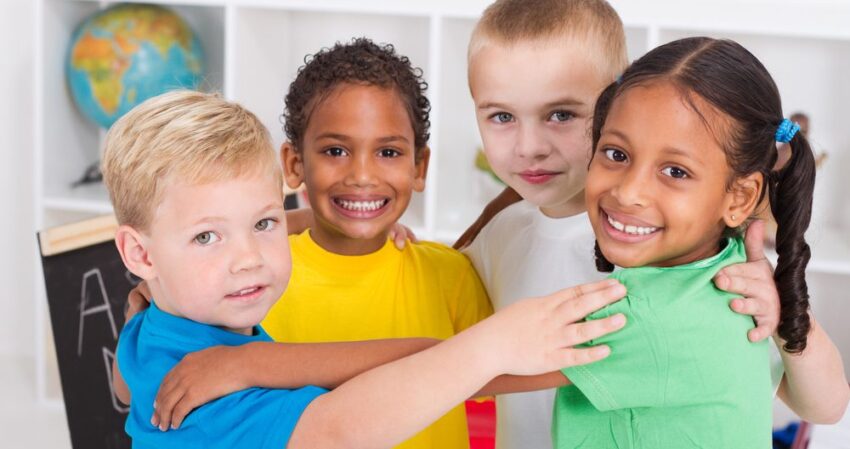Do you think your kid is having trouble developing friendships? You can help them feel more confident to socialize with other children with the following activities and tips.
Having friends is essential during childhood because it provides your children with some unique opportunities to develop social skills. Do you remember all the things you did when you were their age? You attended backyard games of hide-and-seek, playdates at the park, tree forts and tea parties. Friendships are crucial at this age because they help kids improve their problem-solving, communication, empathy, and sharing. Their friends have the role of teaching them how to get along with other people and interact with the world around them.
And while some children are naturally social, for others, their shyness is a barrier to connecting with other children. Thankfully, developing friendships is something parents can really help their children with. You don’t have to try to transform them into social butterflies, but you can help them feel more socially confident. They can acquire a set of skills that help them feel more comfortable around other people and find it easier to make friends.
Nurture your kid’s social skills

It all starts with how good they are at socializing with other children, so you should nurture some social skills if you notice they lack them.
Practice introducing themselves. Sometimes it takes only a “Hello” to make a friend, so encourage your children to address their peers, introduce themselves, and ask for their names. Your children might be anxious about socializing with other kids because they don’t know how to engage their peers. Make a list of activities they’d enjoy doing with other children, and practice and rehearse their social skills in an environment they feel safe to support them and teach them social cues. Encourage them to practice greetings techniques with family members and neighbors until they feel more comfortable with meeting someone new.
Take small steps. The pandemic forced many parents to keep their kids isolated to protect them from the virus. If this is the case with your kid, you should begin to expose them to social situations little by little daily to accustom them to interact with other people. Through your support, your children will learn to feel safe and confident. If they don’t feel comfortable attending a birthday party with dozens of children, take them for a walk in the park with their cousins or next-door neighbor’s children.
Plan playdates at home. Suppose your children are shy; they’ll feel more comfortable spending time at home, so you could host play dates during the weekends to provide them with the opportunity to invite their class colleagues and next-door neighbors’ children to come over. Make sure to plan some activities that allow them to engage and talk with the other kids. Your children will feel less overwhelmed by socializing at home because they know the environment.
Be there for your children. It’s crucial to show your children that you’re there for them when they try to interact with other children and you always support them. If you plan playdates at your house, hang around, so your children feel supported by their team.
Build trust. When you plan activities, ensure they have clearly established beginnings and ends that your children can easily adhere to. If you tell them you’ll visit the neighbor for 30 minutes, make sure you say goodbye and leave after 30 minutes. If you need to leave the room while visiting the neighbor to answer a call or use the restroom, tell your children, so they don’t think you’re gone. Building trust and confidence is crucial when trying to help your children overcome their social anxiety.
Activities that could help your children make friends
Even if your children aren’t shy, it’s still important to help them engage in activities that allow them to meet new people. Here are some tips on how to shape their views of friendships and develop social skills.
Camps

Day camps in Queens are the ideal opportunities for your children to have the time of their lives and make new friends. Attending camps in Queens is essential to kids’ social development because they can establish connections that last over time. Studies show that day camps improve social skills and boost their sense of belonging. Campers delight in achieving their goals together, especially when engaging in group activities. They’re often pushed out of their comfort zone and share experiences with their peers, which makes them feel more comfortable in face-to-face interactions.
Play games

Games are an effective way to help your children learn to listen and take turns which are paramount for being a great friend. Start with easy games and slowly increase their difficulty to encourage them to improve their skills and become more comfortable with communicating and taking turns. Once your children learn the rules of a game, invite other children to play it with your child.
When planning playdates, stick with creative and open-ended games to make the children feel more comfortable discussing and collaborating. When your children no longer feel anxious to leave the house, you can take them to a local playground or park to play with other children.
Read books

Children learn as much through books as they do through play. Search for books that feature themes of inclusions, compassion, friendship, and sharing, and lectures that encourage self-esteem and self-love. As you read a story, talk with your children about what each character might feel and what motivates them to make particular actions. Ask them what they would have done differently. When you explore the adventures of characters, your children can learn a lot about friendships.
Making friends isn’t very easy for some children, and it doesn’t happen overnight. The process involves building social-emotional skills like communication, empathy, self-awareness, and problem-solving. It’s essential for you to introduce your children to these tidbits as they age to help them develop new aptitudes and establish healthy relationships. As they go through this journey, celebrate their small successes and reinforce their behavior.

